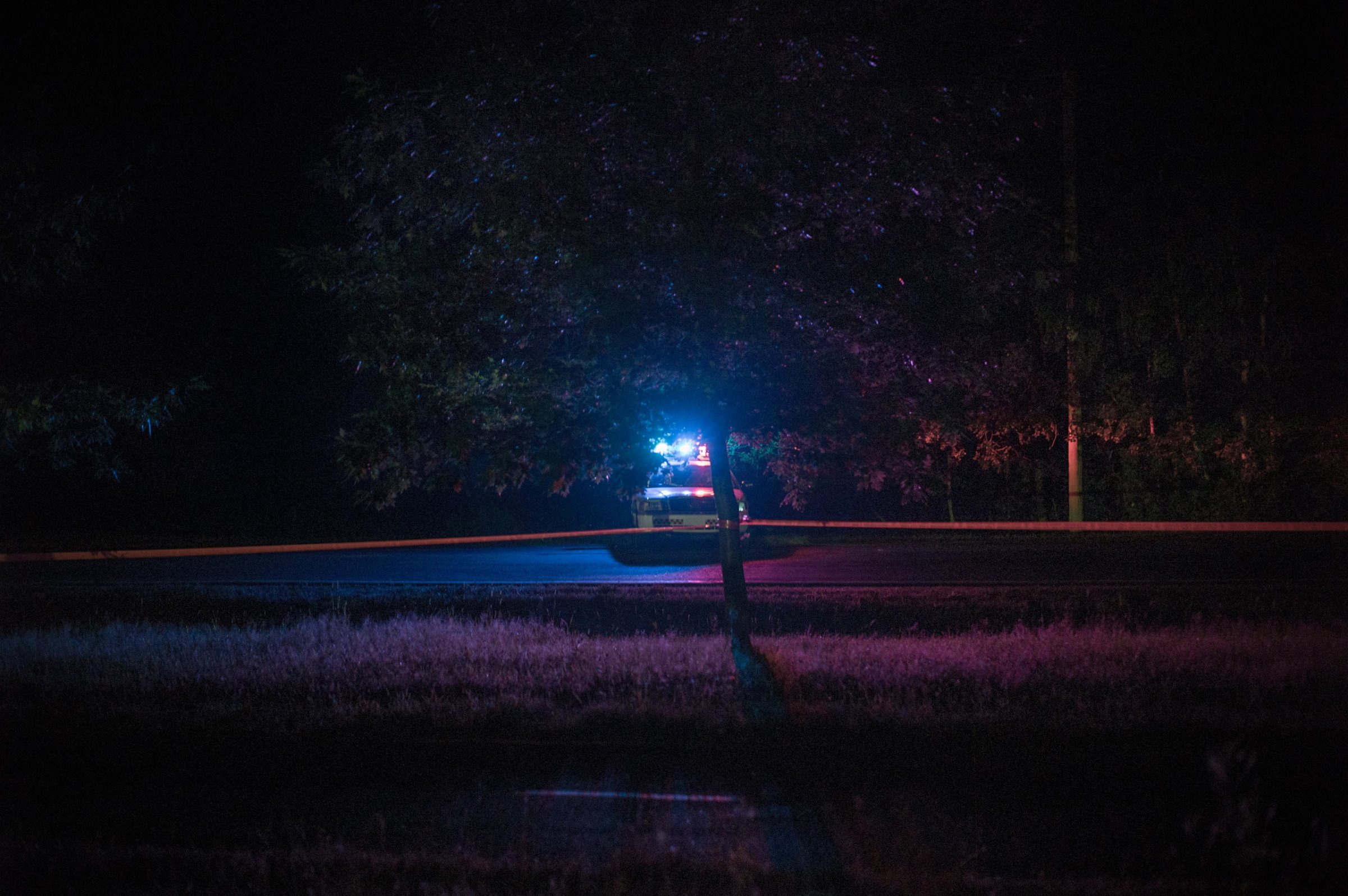
When news reached freelancer photographer Michel Huneault that he won the 2015 the Dorothea Lange–Paul Taylor Prize, the Canadian photographer was in Austria, covering Europe’s refugee and migrant crisis, making the already overwhelming situation even more surreal.
Huneault’s project documents the aftermath of the tragic rail disaster that occurred in Lac-Mégantic in 2013, when a cargo train carrying 8 million liters of shale oil derailed and fatally exploded, leveling down a 400-meter-wide area in town and killing 47 people.
The prize, delivered by the Center for Documentary Studies at Duke University, is deeply meaningful for the photographer, as it honors what he considers his most important and personal project to date.
“I am just very glad,” Huneault tells TIME, “It is very close to home, it is not always a very sexy topic if you compete against other important subjects around the world,” he says. “But I really thought that what happened in Mégantic was too important and universal, knowing the level of grief they were going through because of the stakes at play,” the photographer adds.
Huneault visited Lac-Mégantic approximately 20 times in the last two years, documenting both the piercing aftermaths of the accident, as well as the community’s slow recovery. “The grief and damage that has been done to the community should be shared with the world so that it helps [the wounded] but it also helps people making important decision regarding these things,” he said, praising the larger political impact long-term documentary projects can have.
Mirroring the natural process of coping, healing and recovery, Huneault split his project, titled Post Mégantic, in two chapters: the first year he shot predominantly at night, while from 2014 the daylight and delicate but warmer colors peek in.
Inspired by the legacy of acclaimed photographer Dorothea Lange and writer and social scientist Paul Taylor, the Center for Documentary Studies at Duke University encourages multimedia documentary projects that span across multiple platforms, an approach that many photographers like Huneault greatly appreciate. “We need a broader view of how we can document complex realities and we are responsible to try new ways, mixing them with the old ways,” Huneault says. “Pushing the boundaries of the medium, I have been working with photography, text, video, composite landscape, and I really like that there is room within the media and within these institutions to try to do something different. There is an openness about that, and I find it very refreshing.”
The $10,000 prize will both cover past expenses and finance his ongoing coverage, and it will also sustain part of his long-term project Post Tohoku, about a region in Japan “devastated by a triple catastrophe: earthquake, tsunami, nuclear incident,” where he’ll return at end of the year.
Michel Huneault is Canadian freelance photographer based in Montreal.
The Dorothea Lange–Paul Taylor Prize is organized by Center for Documentary Studies at Duke University.
Lucia De Stefani is a writer and contributor for TIME LightBox. Follow her on Twitter and Instagram.
Follow TIME LightBox on Facebook, Twitter and Instagram.
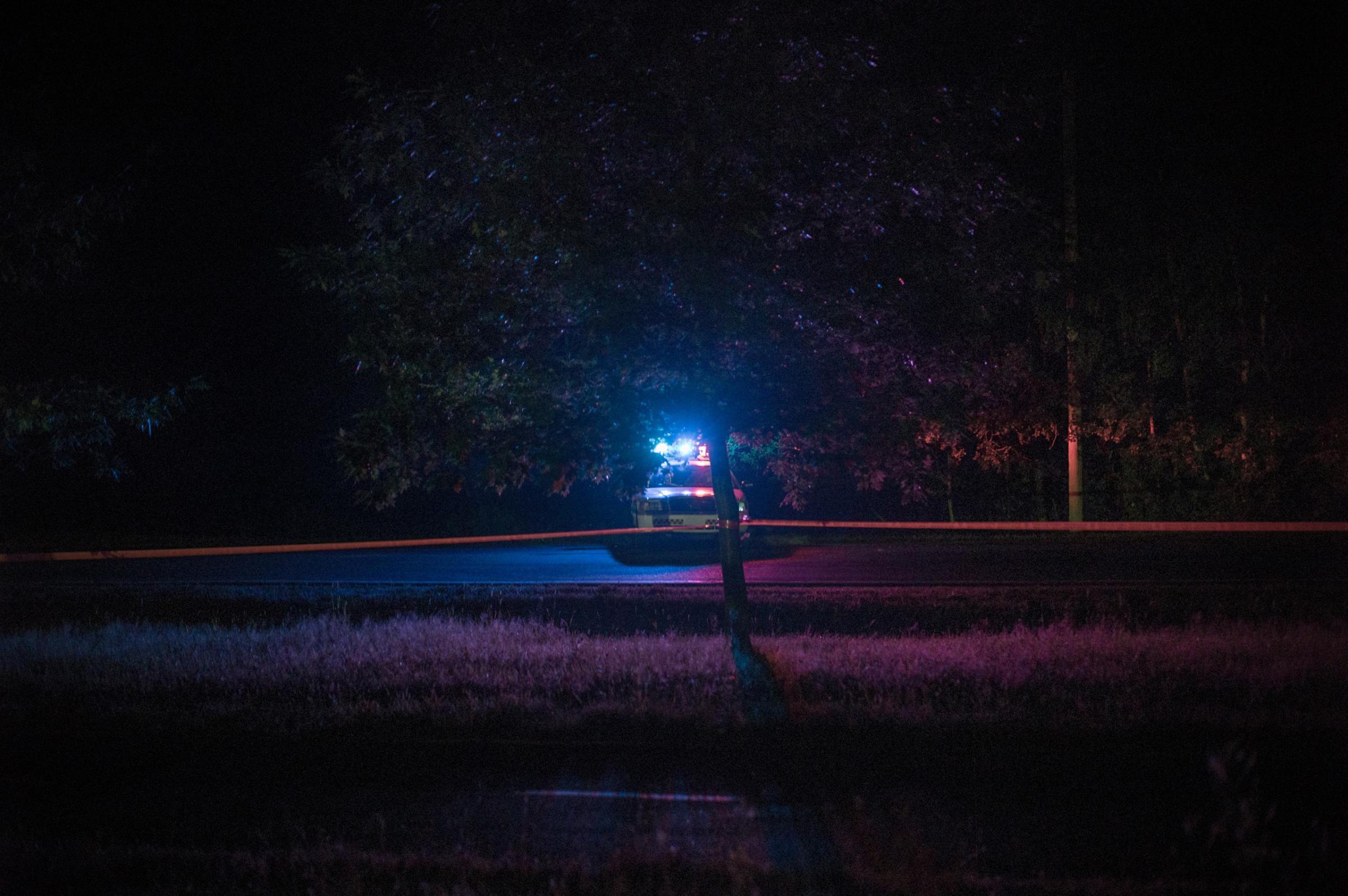
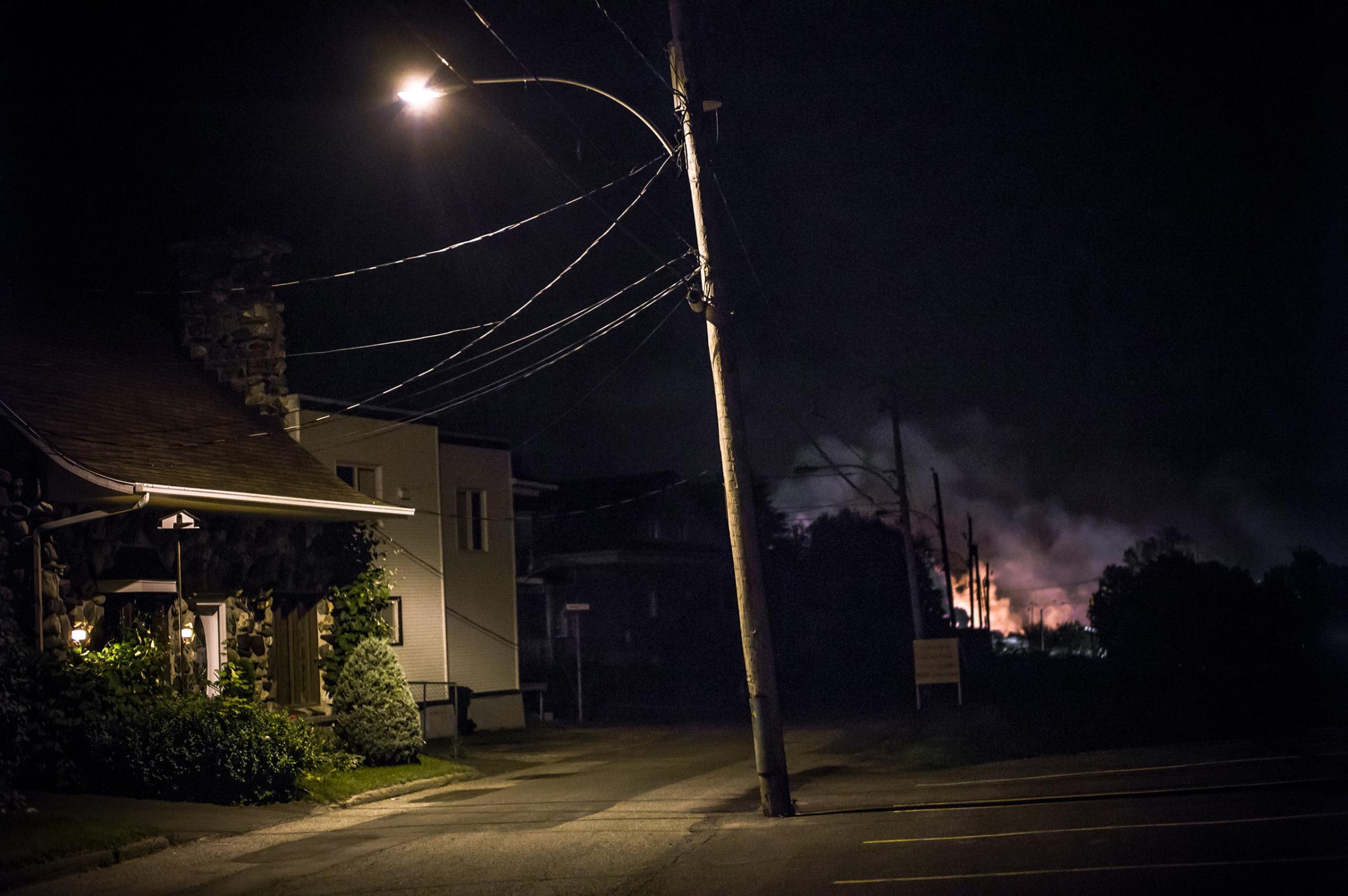
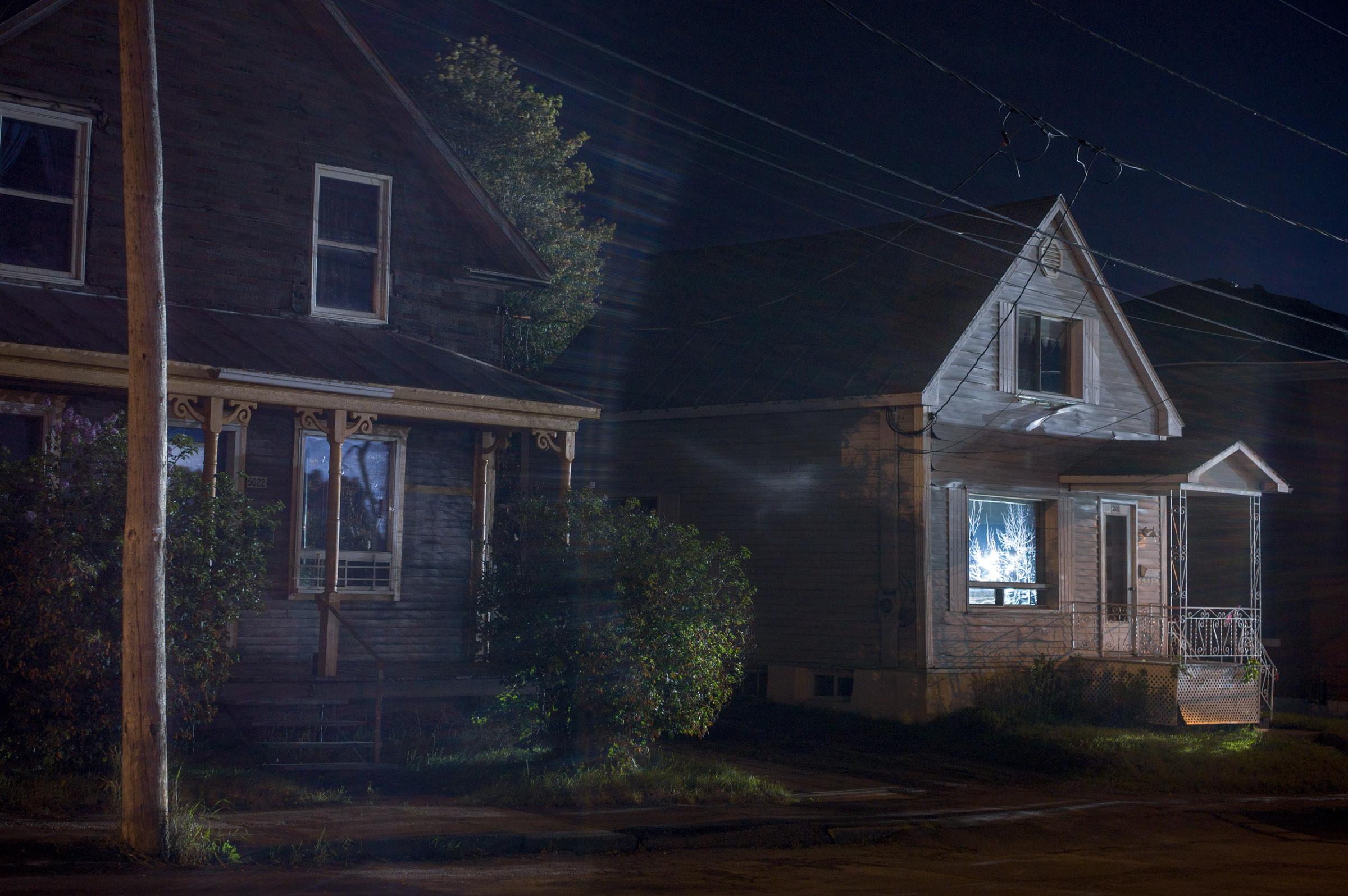
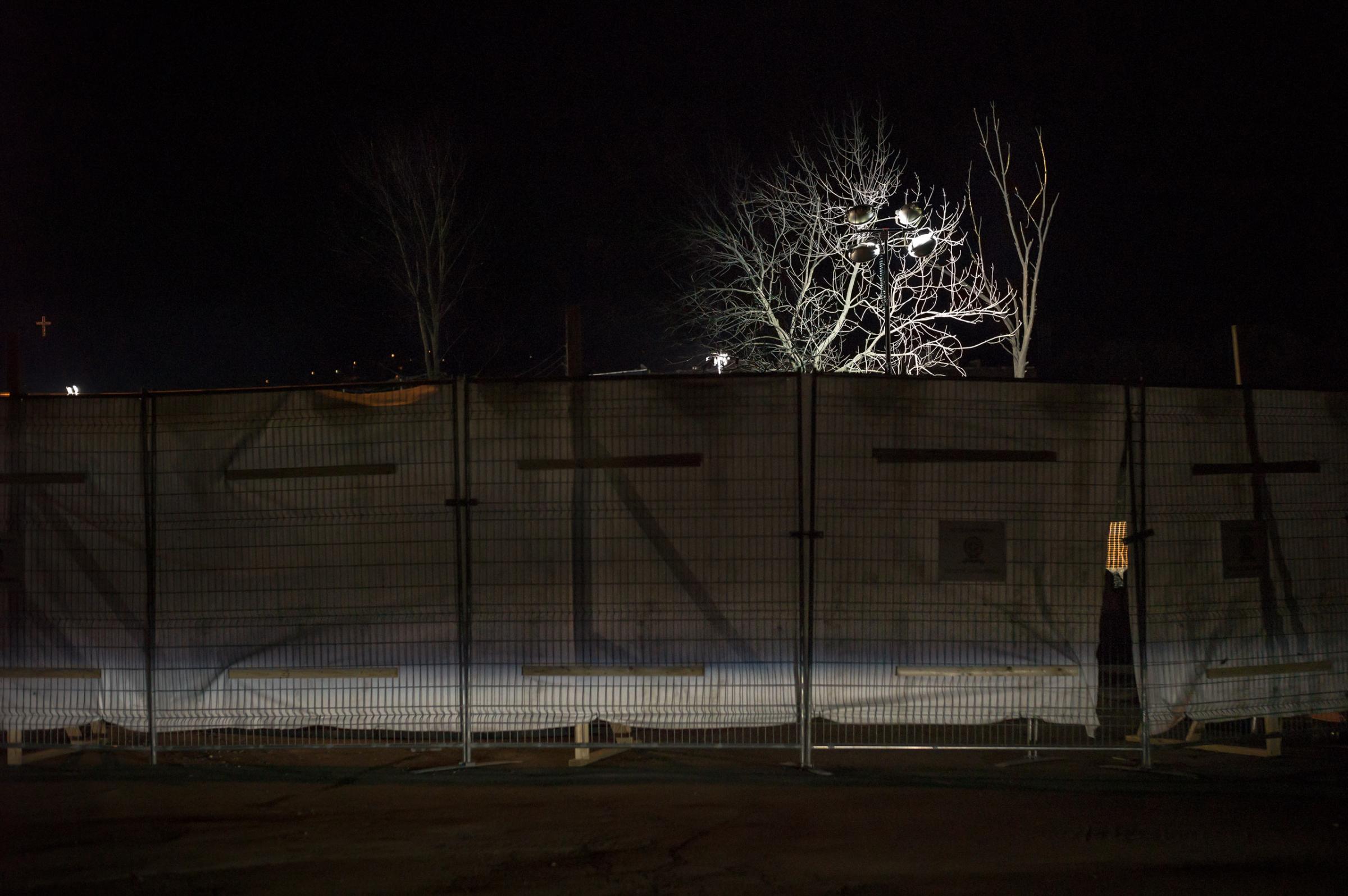
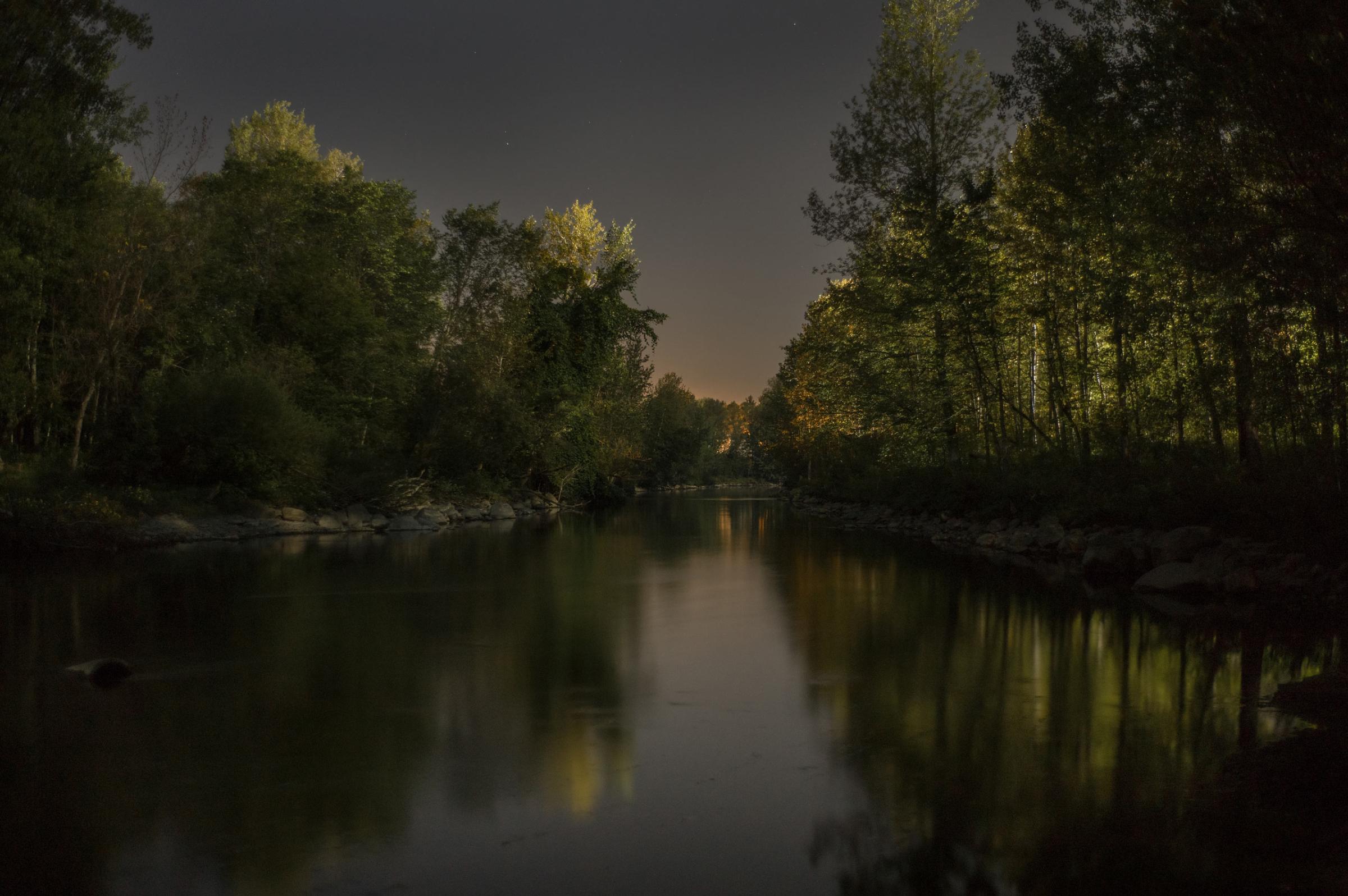
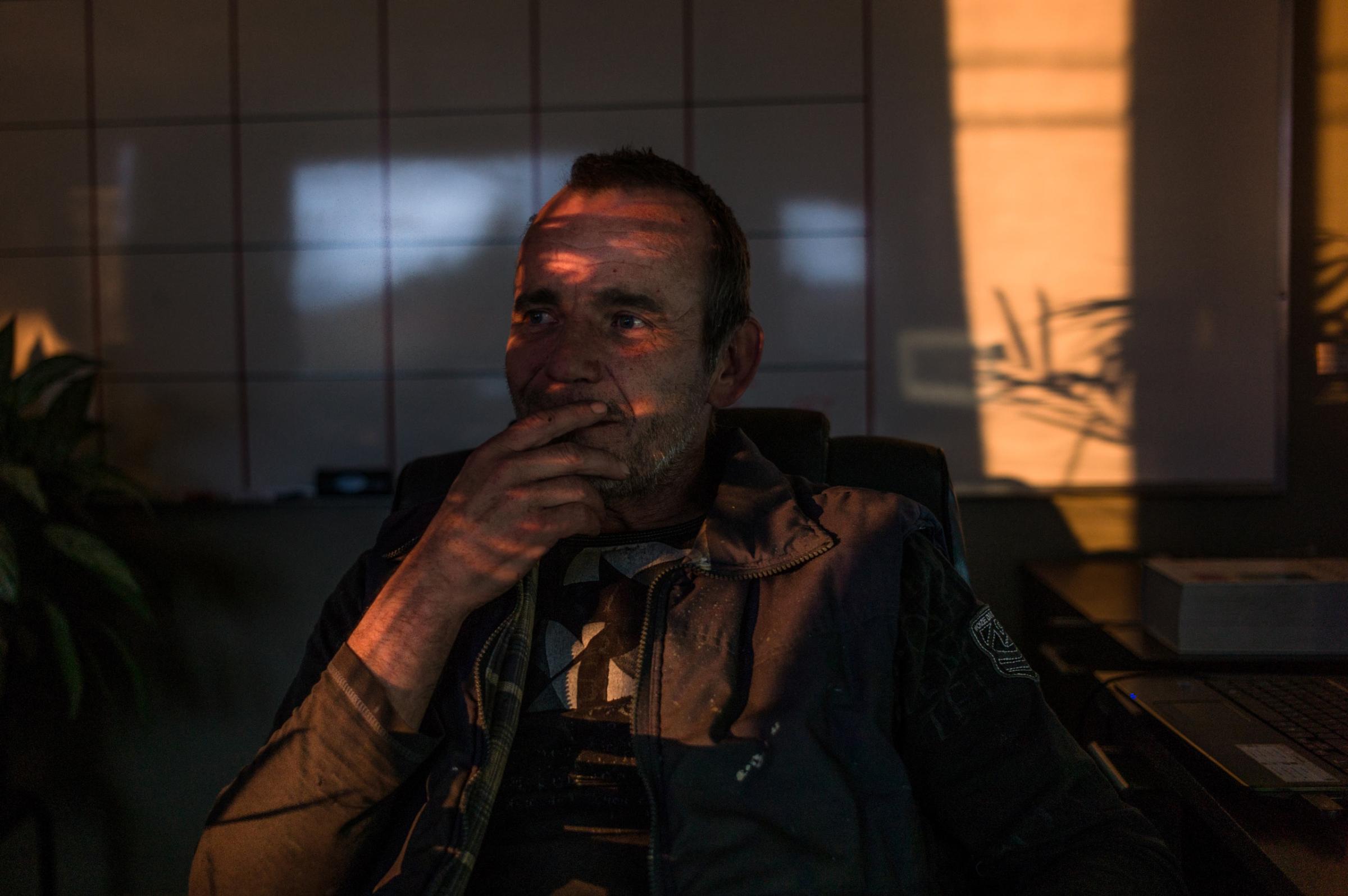
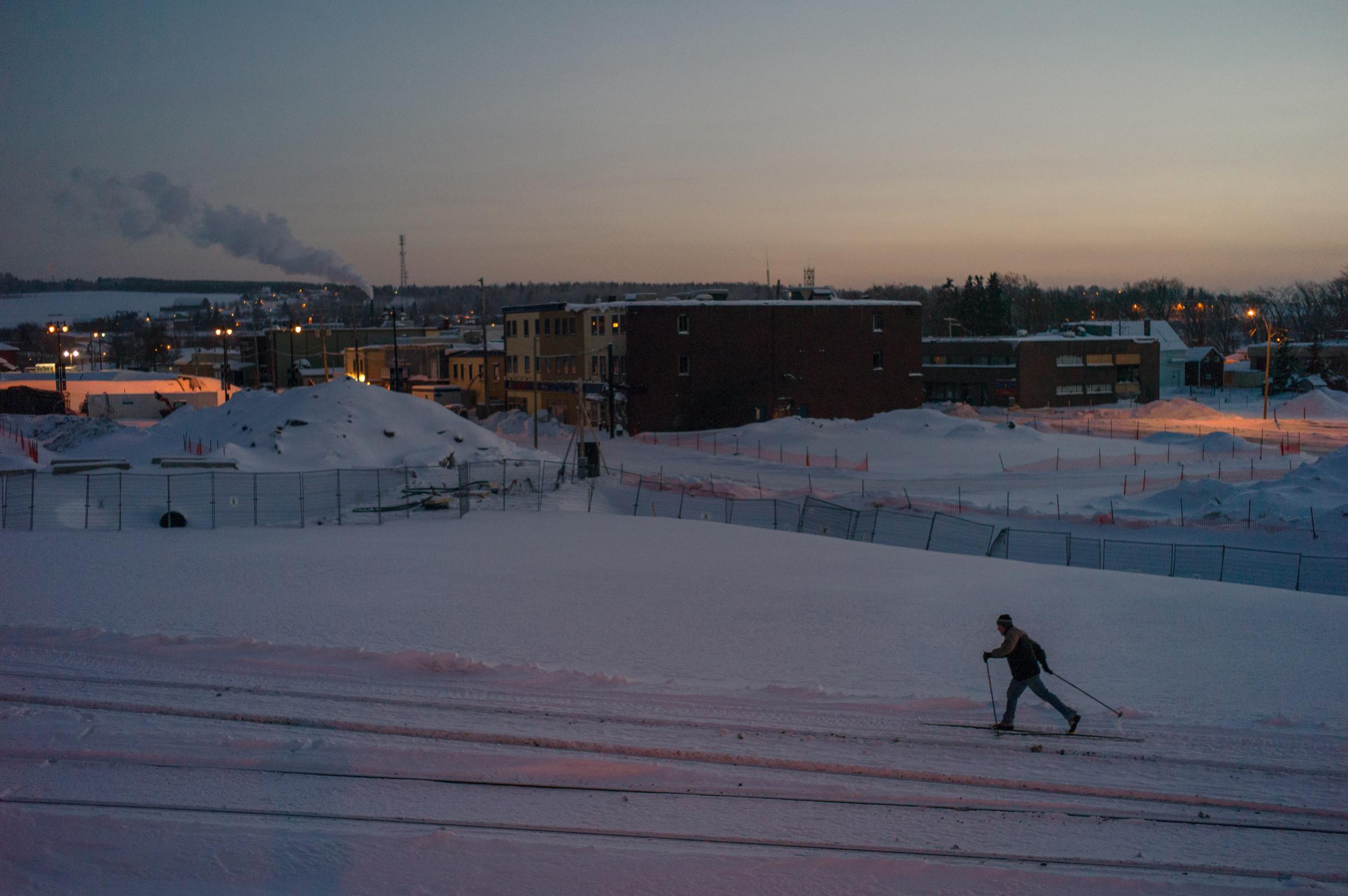
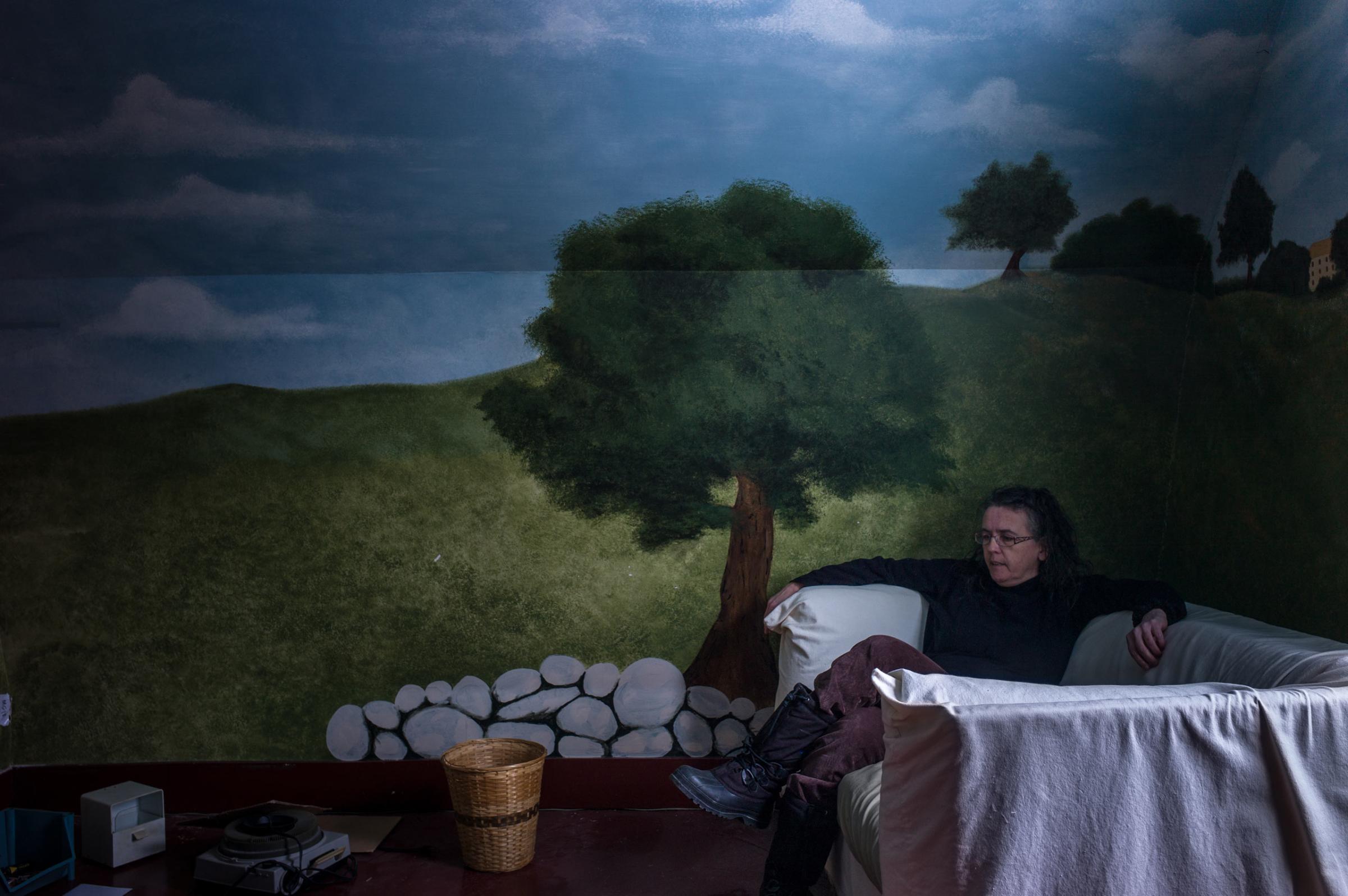
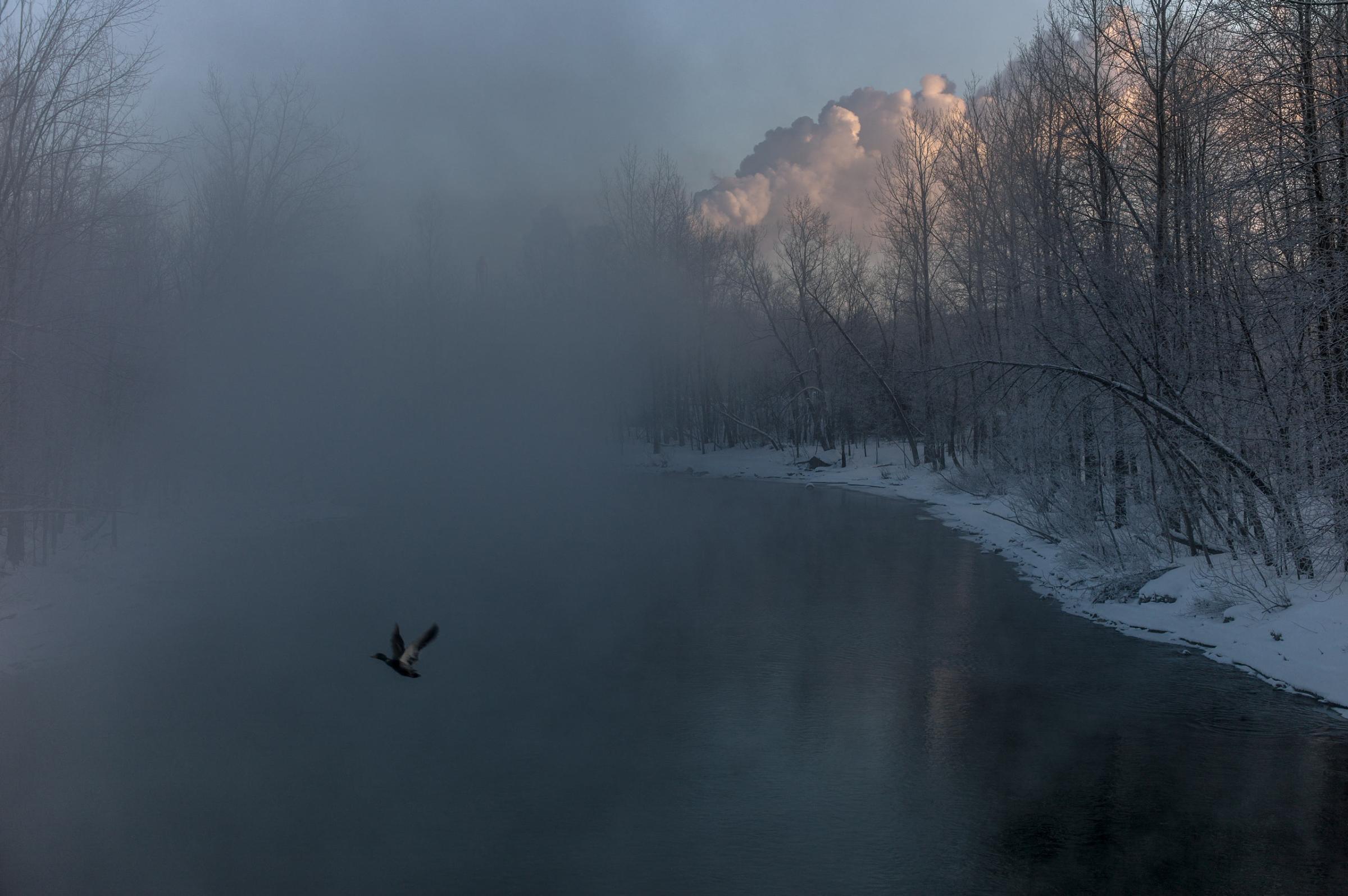
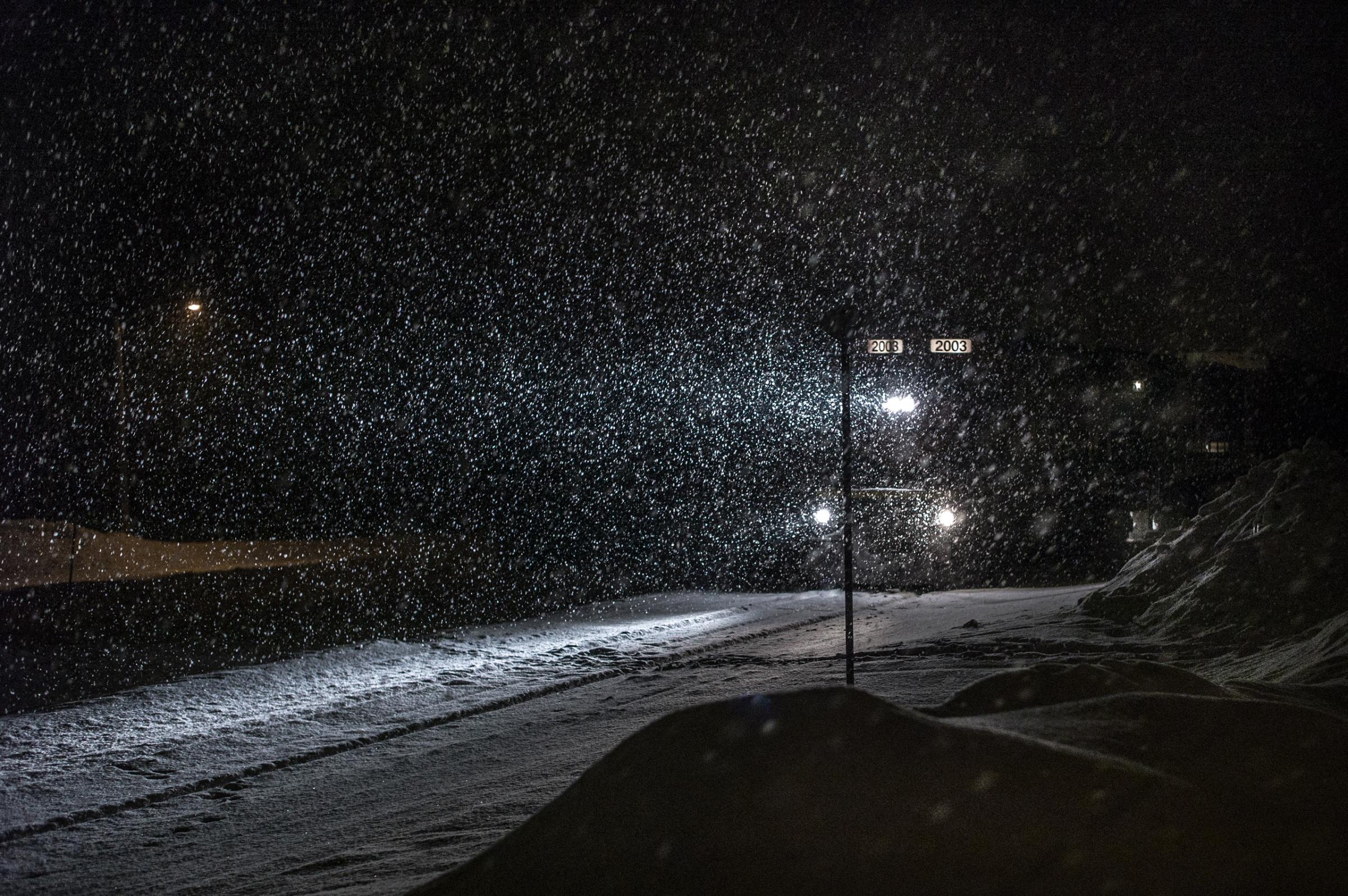
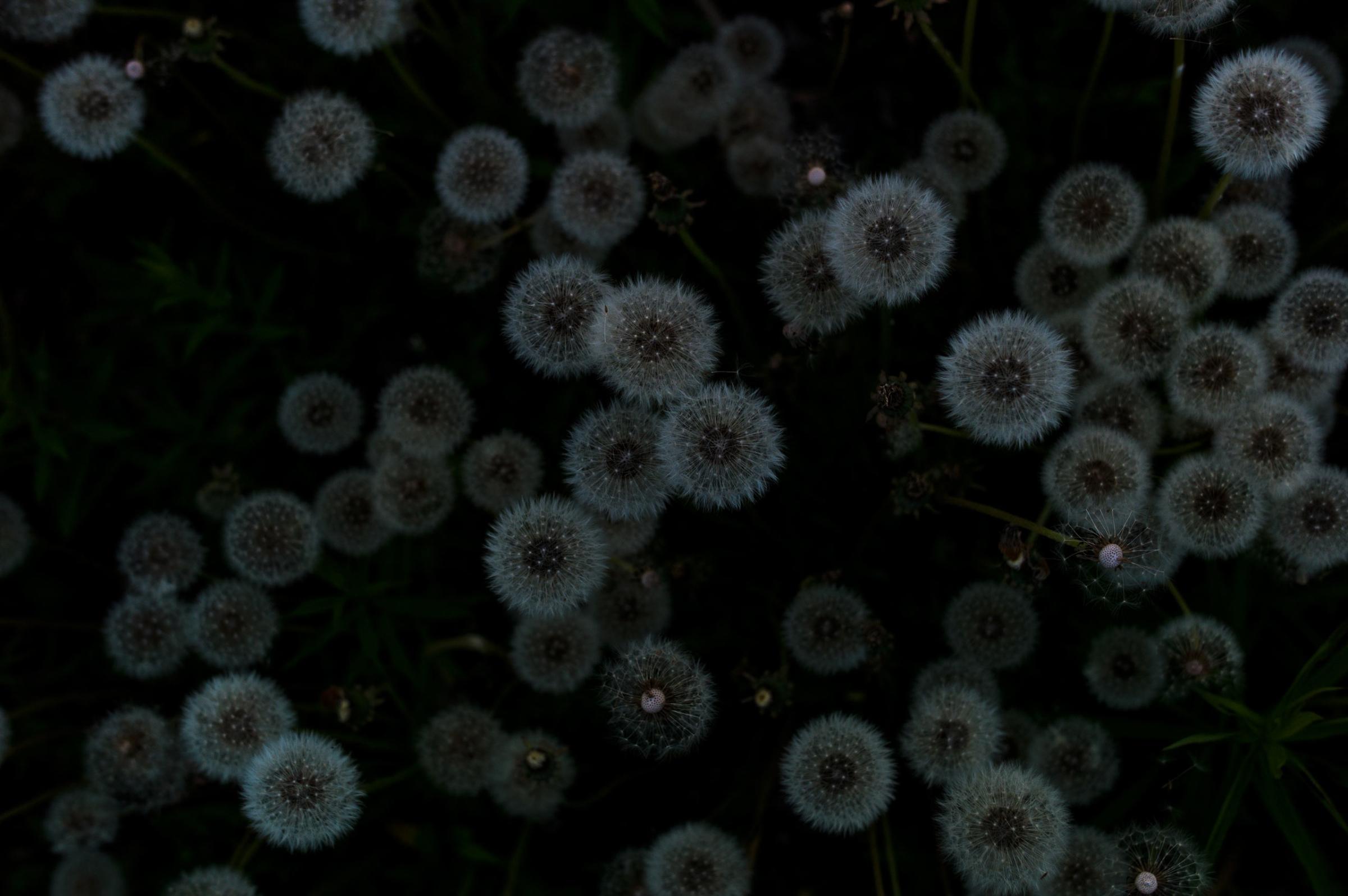
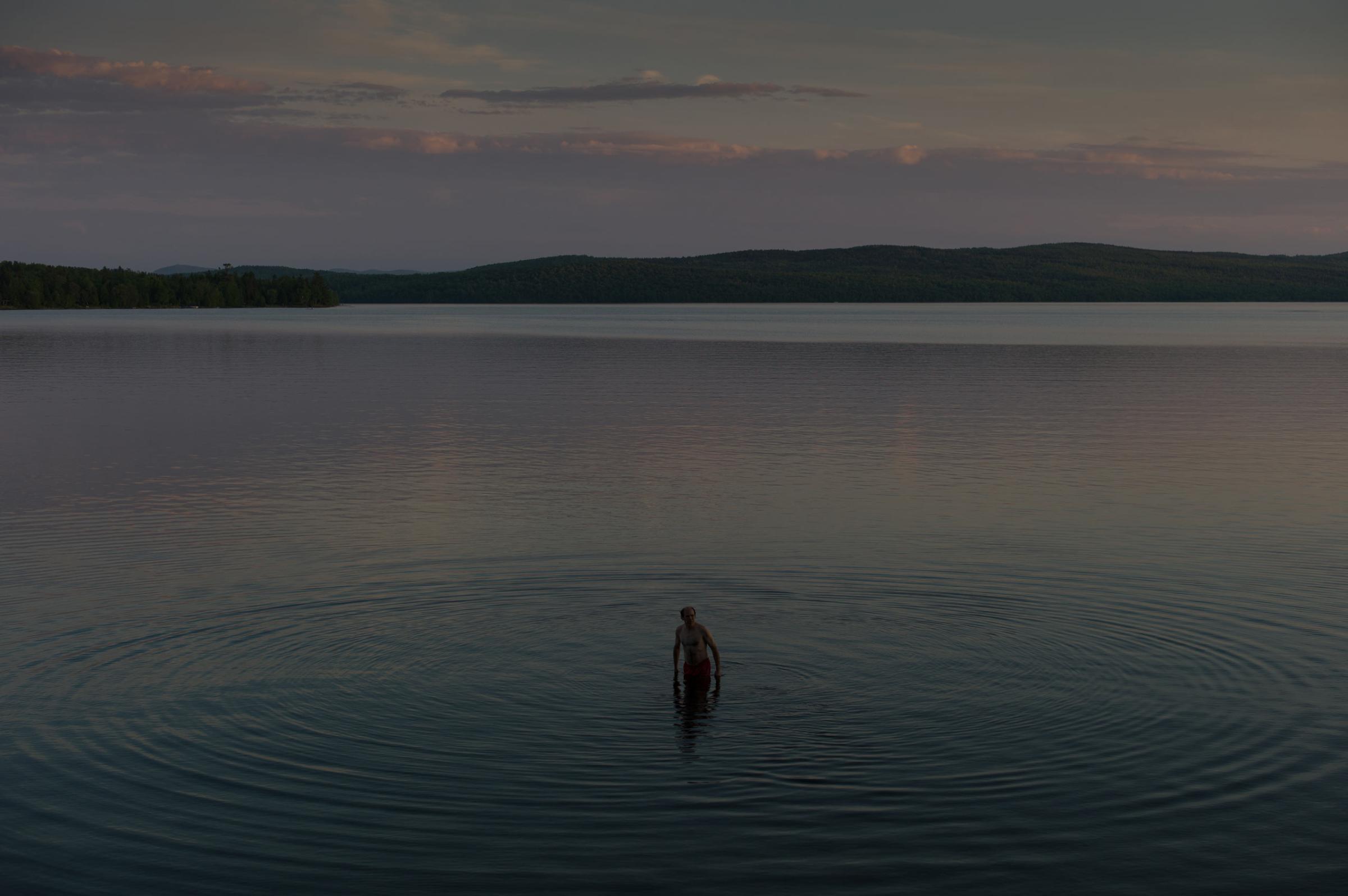
More Must-Reads from TIME
- Why Trump’s Message Worked on Latino Men
- What Trump’s Win Could Mean for Housing
- The 100 Must-Read Books of 2024
- Sleep Doctors Share the 1 Tip That’s Changed Their Lives
- Column: Let’s Bring Back Romance
- What It’s Like to Have Long COVID As a Kid
- FX’s Say Nothing Is the Must-Watch Political Thriller of 2024
- Merle Bombardieri Is Helping People Make the Baby Decision
Contact us at letters@time.com